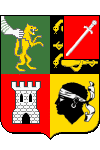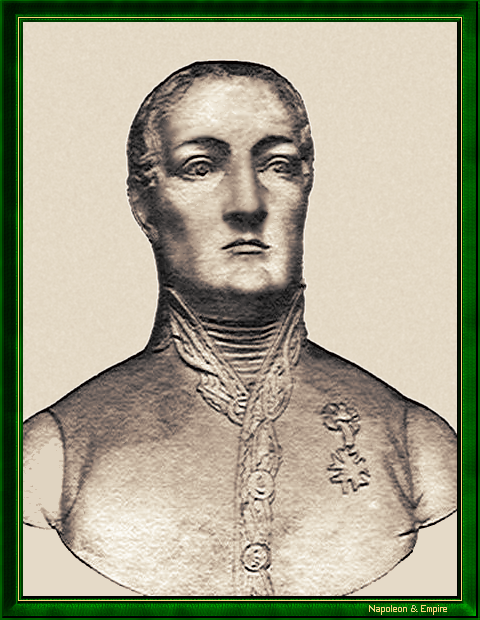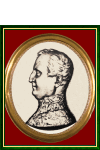Baron of the Empire
Pronunciation:

Nicolas Heurteloup was born in Tours, November 26, 1750. From his earliest childhood, he was supported by the nun who ran the hospital pharmacy nearby. She managed to persuade his student to move into surgery.
He began his studies at the Charité hospital in Tours and finished them at the Hotel-Dieu of Paris. The young man enlisted in the army and joined the health service that was coming from embryo to emerge.
In 1768, he served as surgeon-in support in the army of Louis XV, who was stationed in Corsica. In 1782 (in 1770, according to Michel Dupont, Dictionnaire historique des Médecins dans et hors de la Médecine, Larousse (éd.), Paris, 1999), he took charge of surgeon in the hospital of Bastia. In 1790 (in 1786, according to Dupont), he worked as chief physician at the hospital in Toulon. In 1792, he joined with the same grade the army of the South and in 1793, he officiated in the army of the Alps.
That same year, he joined the board of health, where he served until his death.7. In 1795 he accompanied the army of Italy. He became the first surgeon of the army that year.
On June 14, 1804, Heurteloup was named inspector general of the health service, along with Pierre-François Percy, Dominique Jean Larrey and René-Nicolas Dufriche Desgenettes. In 1808, he succeeded Percy, suffering from blindness, and became the chief surgeon of the Grand Army. Meanwhile he was consulting surgeon of the Emperor.
In 1809, he organized hospitals of Vienna and Ebersdorf where the wounded of Battle of Aspern-Essling (May 21 and 22) and Wagram (July 5 and 6) were treated. In the bulletin of the Grand Army in the aftermath of the Battle of Wagram, Napoleon himself insisted on "the way the surgery was used and especially the services of the surgeon in head Heurteloup." Never Desgenettes or Percy had such an honor. The Emperor gave Heurteloup a banquet and a medal adorned with the imperial praise.
Not surprisingly, on 24 July 1809, Napoleon promoted Heurteloup in the order of the Legion of Honour by appointing him an officer and, on 16 December 1810, he elevated him to the nobility by making him Baron of the Empire.
Suffering from paralysis following a brain disorder, Nicolas Heurteloup gave way to chief surgeon of the Grand Army to Dominique-Jean Larrey on 12 February 1812, when Napoleon decided to go to war against Alexander I, Tsar of all the Russias.
Heurteloup died in Paris on March 27 of that year.
"Nicolas Heurteloup". Engraving of the nineteenth century.

He fought until his last breath for the medical officers of the Army get the recognition due to them, by obtaining military ranks according to their merit.
He has published papers on tetanus and inoculation of vaccinia at the hospital of Milan in particular, in 1801.
Recognized as one of the best inspectors general of the health service of the French army, he had outstanding administrative talent and had an extraordinary knowledge of military hospitals. He was appreciated for his justice, his gentleness, his kindness and his great humanism.
Other portraits

Enlarge
"Nicolas Heurteloup". Engraving of the nineteenth century.